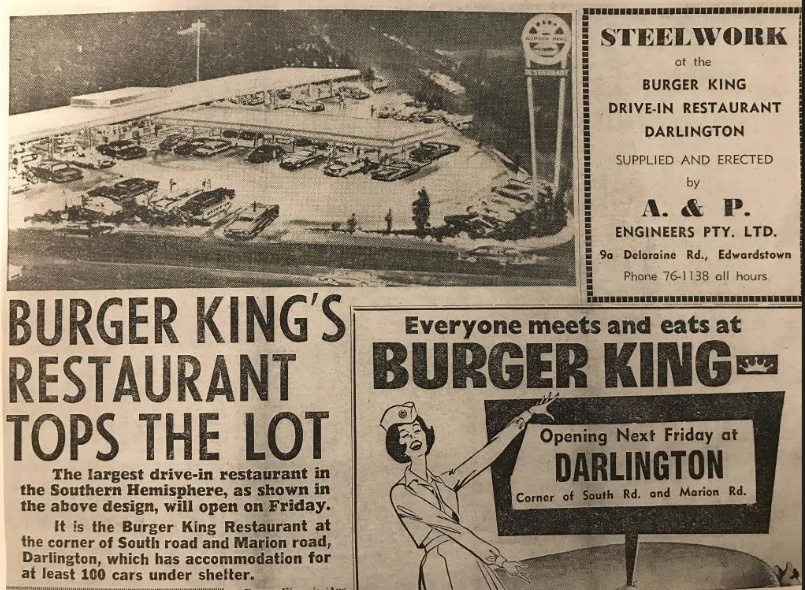I suspect you are not a direct shareholder although indirectly own shares through your super fund. Shareholders are on the sidelines excepting when their votes are required for electing board members, approving appointment of auditors, casting their opinions on executive pay, and so on.
Individuals as well as super funds have some culpability by often mindlessly electing and re-electing board members that are often no more than old boys clubs taking care of themselves, but.
Investors (shareholders) should have done some diligence prior to ‘investing’ and understand overall risks for a business, but there is only so much that can be learnt of what goes on in the board room and executive floor. Have a look at amaysim’s share price as an example. The analysts loved them and touted them, and then the price collapsed when reality hit and the rose glasses came off.
I disagree with your lumping those who are looking from the outside with the owners/managers who are insiders, re ‘legal excuses’.
When have we voters ever come ahead of business, our esteemed pollies, and their all-important political donors? We get lip service and outright bribes (that are not technically bribes) ramping up before elections but how often has the outcome been ‘better governance’?
I am with you that unfulfilled customer orders should be at the head of the queue, then the employee’s outstanding super, wages, and entitlements paid out, and only then distributions made to the secured and unsecured creditors. I’ll not hold my breath because government would claim anything that would reduce ‘security’ to lend to business would impact the all important economy, and thus business and the all-important donors, and thus the pollies.
A US-centric stat is that only 30% of new businesses fail in their first year but only 25% make it 15 years. Your question can only be answered by taking the aggregated loses of all of the failures from mum and pop shops to companies like HIH or Enron to see if costs of failure exceeded the profit of successes. If they did one would need to question the global economic system as well as wondering why it survives. I’ll not go there as it is over my grade no matter how tantalising a topic, other than to suggest accounting for the failure rate is built into the system as the cost of money (eg interest rates and ability to attract capital).
That would seem obvious if not just reasonable to anyone but a pollie who will have the view that government should not be protecting us from business failures as it is a free market system, government guarantees of bank deposits notwithstanding.
